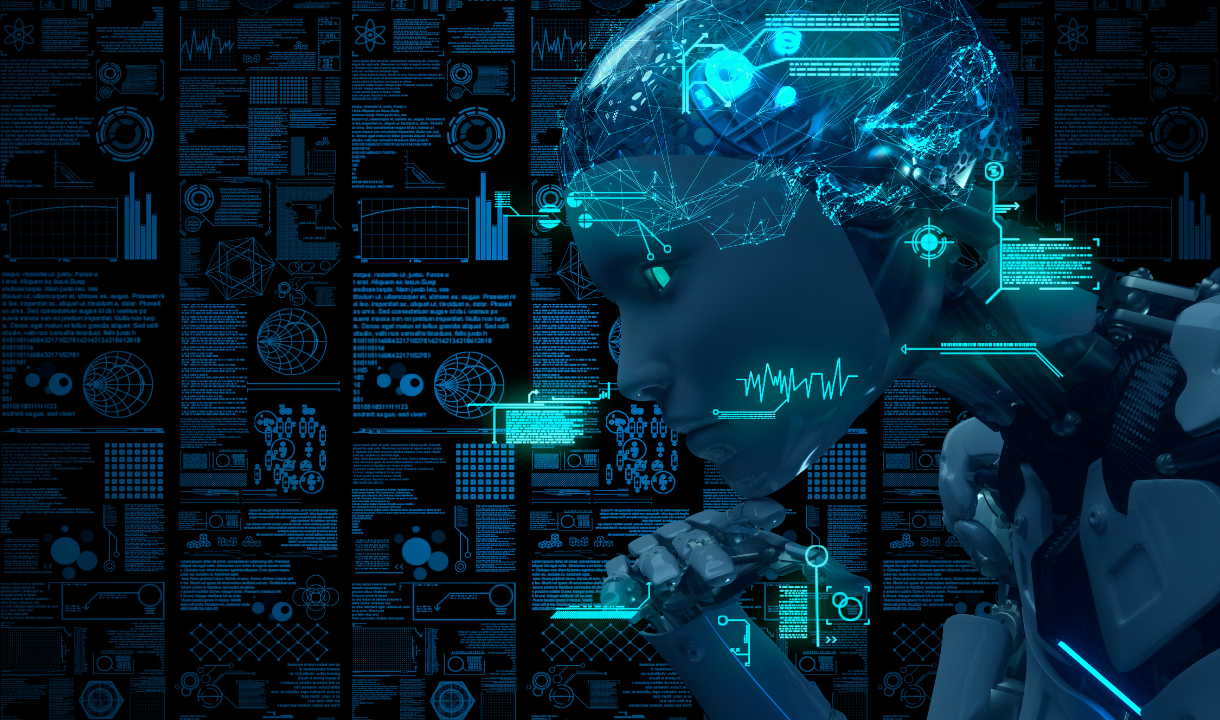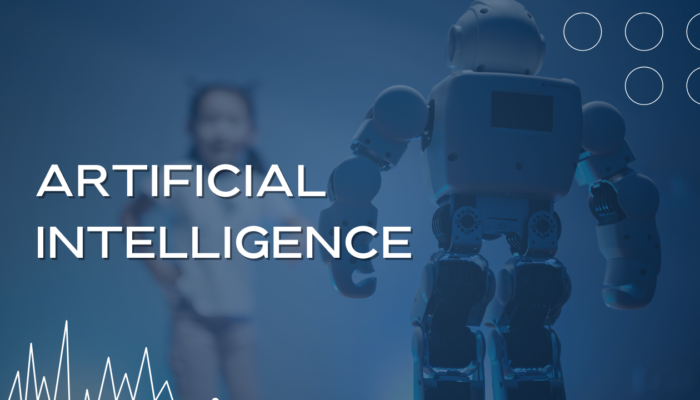Towven.com – Artificial intelligence (AI) has woven itself into the fabric of our modern lives, from powering search engines to influencing medical diagnoses.
As this technology continues to evolve at a rapid pace, questions about its ethical implications loom larger than ever.
How do we ensure that AI progresses responsibly, without sacrificing our values and integrity? In this article, we’ll delve into the ethical considerations surrounding artificial intelligence, exploring the delicate balance between advancement and accountability.
Understanding Artificial Intelligence Ethics
AI ethics is a branch of ethics that examines the moral implications of artificial intelligence technologies. It involves assessing how AI systems impact individuals, society, and the environment.
At its core, AI ethics seeks to ensure that the development and deployment of AI are guided by principles of fairness, transparency, accountability, and privacy. Here are key aspects to consider:
1. Fairness and Bias
AI systems can perpetuate or amplify biases present in the data they are trained on.
This can lead to discriminatory outcomes, such as biased hiring practices or unfair treatment in criminal justice systems. Ethical AI design aims to mitigate biases and ensure fairness for all individuals.
2. Transparency and Accountability
AI systems often operate as “black boxes,” making it challenging to understand their decision-making processes.
Ethical considerations include ensuring transparency in AI algorithms and holding developers accountable for the outcomes of their systems.
3. Privacy
AI technologies often rely on vast amounts of data, raising concerns about privacy and data protection.
Ethical AI practices involve respecting individuals’ privacy rights, obtaining informed consent for data usage, and implementing robust security measures to protect sensitive information.
4. Safety and Security
AI systems can pose risks if they malfunction or are exploited by malicious actors.
Ethical AI development prioritizes safety and security measures to prevent harm to users and society at large.
5. Human-Centered Design
Ethical AI prioritizes the needs, values, and well-being of humans.
This involves designing AI systems that enhance human capabilities, empower individuals, and promote human flourishing.
6. Accountability and Governance
Establishing frameworks for AI governance and accountability is crucial for ensuring that AI technologies are developed and deployed responsibly.
This includes regulatory oversight, industry standards, and mechanisms for addressing ethical concerns and grievances.
7. Long-Term Impacts
Ethical AI considers the broader societal and environmental impacts of AI technologies, including their effects on employment, economic inequality, and environmental sustainability.
It involves anticipating and mitigating potential negative consequences while maximizing the benefits of AI innovation.
8. Global Considerations
AI ethics must account for diverse cultural, social, and legal contexts worldwide. What may be considered ethical in one society or jurisdiction may not align with the values or norms of another.
Cross-cultural dialogue and collaboration are essential for developing inclusive and globally applicable ethical principles for AI.
9. Continuous Learning and Adaptation
Ethical AI requires ongoing reflection, learning, and adaptation in response to evolving technological capabilities, societal needs, and ethical insights.
It involves fostering a culture of responsible innovation and ethical reflection within the AI community.
10. Public Engagement and Education
Ethical AI practices involve engaging with the public to raise awareness, foster dialogue, and solicit input on ethical issues related to AI.
Education and empowerment enable individuals to make informed decisions about AI technologies and participate in shaping their ethical development and use.
The Benefits of AI
AI has the potential to revolutionize various aspects of our lives, from healthcare and transportation to finance and education.
It can automate tedious tasks, enhance decision-making processes, and uncover insights from vast amounts of data.
Additionally, AI technologies can assist in tackling complex problems such as disease diagnosis, climate change, and poverty. Here are some of the key benefits of AI:
- Automation: AI enables automation of repetitive tasks, freeing up human resources for more creative and high-value work. This enhances efficiency and productivity across industries.
- Improved Decision Making: AI systems can process vast amounts of data quickly and accurately, providing insights and recommendations that aid in better decision-making. This is particularly valuable in areas such as finance, healthcare, and marketing.
- Enhanced Customer Experience: AI-powered chatbots and virtual assistants provide round-the-clock customer support, offering personalized interactions and resolving queries efficiently. Natural Language Processing (NLP) algorithms also enable sentiment analysis, helping businesses understand customer needs and preferences better.
- Predictive Analytics: AI algorithms can analyze historical data to identify patterns and trends, enabling organizations to make predictions about future outcomes. This is invaluable in areas such as predictive maintenance, risk management, and demand forecasting.
- Optimized Resource Allocation: AI algorithms optimize resource allocation by analyzing data in real-time and adjusting processes accordingly. This leads to cost savings and improved resource utilization across industries like transportation, logistics, and energy management.
- Medical Advancements: AI has the potential to revolutionize healthcare by enabling early disease detection, personalized treatment plans, and drug discovery. Machine learning algorithms can analyze medical images, genomic data, and electronic health records to assist healthcare professionals in diagnosis and treatment decisions.
- Increased Safety: AI-powered systems enhance safety across various sectors, including autonomous vehicles, manufacturing, and cybersecurity. These systems can detect anomalies, predict potential hazards, and take preventive measures to mitigate risks, thereby reducing accidents and ensuring a safer environment for individuals.
- Innovative Applications: AI fosters innovation by enabling the development of new products and services that were previously unimaginable. From self-driving cars to smart homes, AI-driven innovations are transforming the way we live, work, and interact with technology.
- Personalized Recommendations: AI algorithms analyze user behavior and preferences to deliver personalized recommendations in areas such as e-commerce, content streaming, and social media. This improves user engagement and satisfaction while driving business revenue.
- Environmental Sustainability: AI contributes to environmental sustainability by optimizing energy consumption, improving resource efficiency, and aiding in environmental monitoring and conservation efforts. For example, AI-powered sensors can detect environmental changes and help manage natural resources more effectively.
Overall, the benefits of AI are diverse and far-reaching, offering opportunities for efficiency gains, innovation, and societal progress across various sectors and applications.
Ethical Dilemmas in AI Development
Despite its promise, AI development is not without ethical challenges. One major dilemma is the potential for AI systems to perpetuate or exacerbate existing biases and inequalities.
For example, facial recognition algorithms have been found to exhibit racial and gender biases, leading to discriminatory outcomes.
Accountability and Transparency
Ensuring accountability and transparency in AI development and deployment is crucial for building trust and mitigating risks.
Developers and organizations must be held accountable for the decisions made by AI systems.
Transparent practices, such as openly sharing data and algorithms, can help stakeholders understand how AI operates and identify potential biases or errors.
Bias in AI Systems
Bias in AI systems can arise from various sources, including biased training data, algorithmic design choices, and human biases encoded into algorithms.
Addressing bias requires proactive measures such as diverse and representative training data, regular bias audits, and algorithmic fairness assessments.
Privacy Concerns
The widespread adoption of AI raises significant privacy concerns regarding the collection, use, and sharing of personal data.
AI systems often rely on large datasets to train and improve their performance, raising questions about data privacy, consent, and surveillance.
Safeguarding privacy rights while harnessing the benefits of AI requires robust data protection laws and privacy-enhancing technologies.
Impact on Employment
AI-driven automation has the potential to reshape the workforce, leading to job displacement in certain sectors while creating new opportunities in others.
The rise of AI-powered technologies such as robotics and machine learning may require policymakers to reevaluate education and labor policies to ensure a smooth transition for workers.
Regulations and Governance
Effective regulations and governance frameworks are essential for guiding the responsible development and use of AI.
Governments, industry stakeholders, and civil society must collaborate to establish clear guidelines, standards, and oversight mechanisms to address ethical concerns and prevent AI misuse.
Ethical AI Design
Embedding ethics into the design and development of AI systems is crucial for minimizing harm and promoting beneficial outcomes.
Ethical AI design involves incorporating ethical principles and values into every stage of the AI lifecycle, from data collection and model training to deployment and monitoring.
Future Outlook
As AI continues to advance, it is imperative that we prioritize ethical considerations to ensure that technology serves the greater good.
By fostering interdisciplinary collaboration, promoting transparency, and upholding ethical standards, we can harness the transformative potential of AI while safeguarding against its unintended consequences.
Conclusion
In conclusion, navigating the ethical complexities of artificial intelligence requires a delicate balance between innovation and responsibility.
By addressing ethical dilemmas, promoting accountability and transparency, and prioritizing the well-being of individuals and society, we can steer AI development towards a more ethical and sustainable future.
FAQs (Frequently Asked Questions)
- What are the main ethical concerns surrounding artificial intelligence? Ethical concerns in AI include bias, privacy violations, job displacement, lack of transparency, and accountability.
- How can bias in AI systems be mitigated? Bias in AI systems can be mitigated through diverse and representative training data, algorithmic fairness assessments, and regular bias audits.
- What role do regulations play in shaping the development of AI? Regulations play a critical role in guiding the responsible development and use of AI by establishing clear guidelines, standards, and oversight mechanisms.
- How can individuals protect their privacy in an AI-driven world? Individuals can protect their privacy by being cautious about sharing personal data, advocating for strong data protection laws, and using privacy-enhancing technologies.
- What steps can organizations take to ensure ethical AI design? Organizations can ensure ethical AI design by embedding ethical principles into every stage of the AI lifecycle, promoting transparency, and fostering interdisciplinary collaboration.







